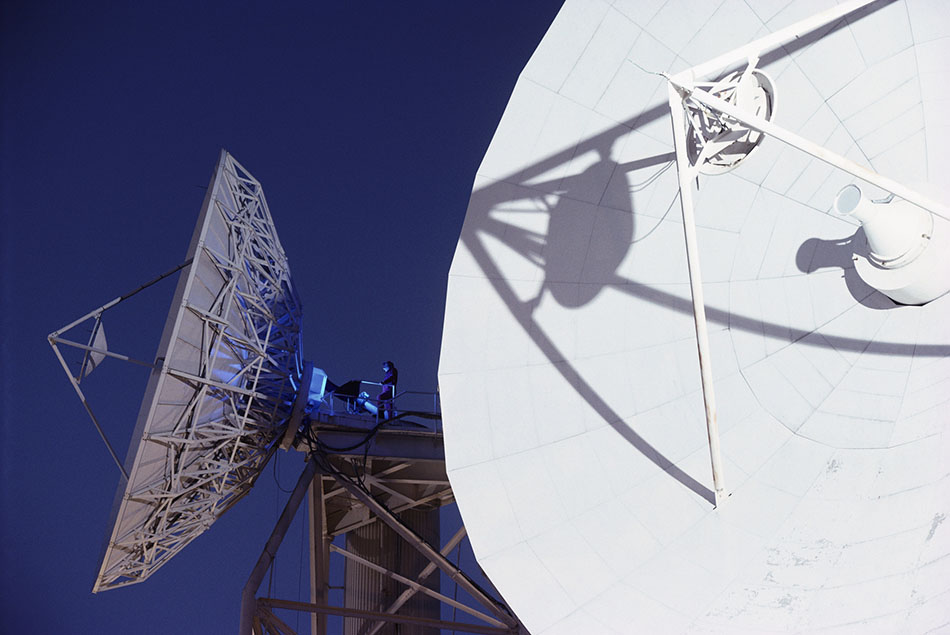AT&T, Verizon Won't Further Delay 5G Rollout
Tells Secretary Buttigieg that their mitigation efforts should assuage concerns

The smarter way to stay on top of the streaming and OTT industry. Sign up below.
You are now subscribed
Your newsletter sign-up was successful
Wireless powerhouses AT&T and Verizon said they won't delay the rollout of 5G any further. They were responding to a request by the Biden Administration--specifically by Department of Transportation Secretary Pete Buttigieg--that they delay their rollout of 5G in the C-Band spectrum for another two weeks.
That came in a joint letter from AT&T CEO John Stankey and Verizon CEO Hans Vestberg.
Buttigieg is concerned about potential interference to critical aviation systems, specifically altimeters.
AT&T and Verizon, the biggest winners in the C-Band spectrum auction, have already delayed the rollout from December 5 to January 5, and have argued that further delay could cost the U.S. economy billions and "disrupt critical connectivity for schools and students who are once again facing challenges associated with remote learning with COVID-19 cases again surging."
Also: Wireless Cos. Say Airlines' C-Band Petition is Baseless
The FCC, when approving 5G operations in the band, said that its engineers had determined aviation systems and 5G could co-exist, though more recently it has signaled it might have to take some steps--like a power down of 5G--to accommodate both.
Airline companies at press time were trying to get the FCC to respond by Monday (January 3) to an emergency petition to block the January 5 rollout, citing the same issue.
The smarter way to stay on top of the streaming and OTT industry. Sign up below.
In their letter to Buttigieg Sunday, which was reported by Politico, Verizon and AT&T pointed out that they had already adopted their own additional interference mitigation measures back in November, over and above what the FCC had required, including exclusion zones around airports, similar to ones France has adopted and where U.S. airlines currently fly.
They signaled that those mitigation measures meant 5G was good to go January 5 and that the airline industry would have ample time to fix altimeters that "might not meet current standards."
Republican FCC commissioner Brendan Carr wrote to Buttigieg to argue against the delay in no uncertain terms.
He called it a "highly irregular" request that upended the "clear statutory process" that produced the successful process of authorizing 5G in a crucial segment of midband spectrum.
Carr said the request was not backed by "science, engineering, or law."
As to harmful interference with altimeters, Carr said that was "not correct."
Carr said delaying beyond January 5 would be "an unacceptable" setback for U.S. leadership in 5G." ■
Contributing editor John Eggerton has been an editor and/or writer on media regulation, legislation and policy for over four decades, including covering the FCC, FTC, Congress, the major media trade associations, and the federal courts. In addition to Multichannel News and Broadcasting + Cable, his work has appeared in Radio World, TV Technology, TV Fax, This Week in Consumer Electronics, Variety and the Encyclopedia Britannica.

